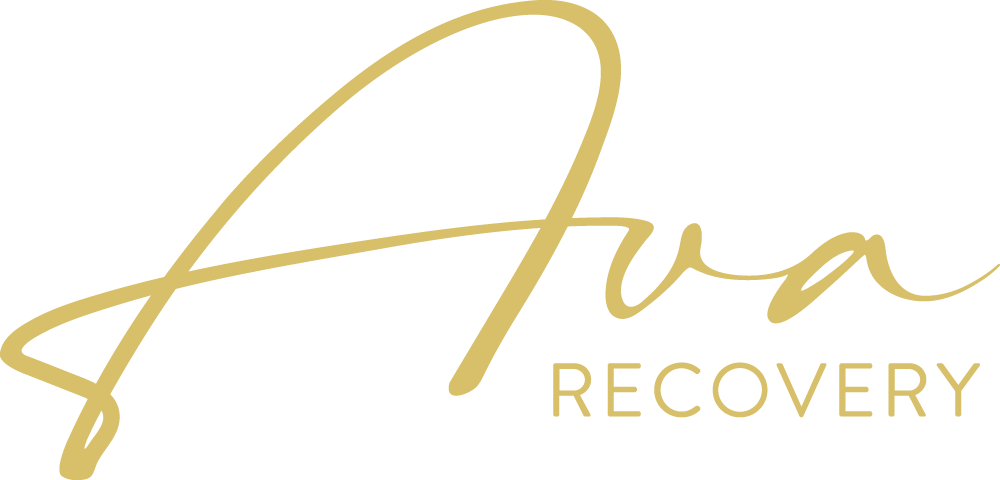Over eighty million people across the United States struggle with addiction, more than the populations of California and Texas combined.
Another way to look at it is that one in every four people struggles with addiction. Given how far addiction reaches, it is safe to say it touches almost everyone, directly or indirectly.
Ava Recovery is a drug rehab in Austin, offering comprehensive addiction treatment services for those in need. Contact our admissions team today to learn more about how our treatment programs can help.
What is Addiction?
For people who haven’t struggled with addiction, the behaviors of people with addiction might seem unthinkable. But that is only because they don’t understand the science of addiction.
Historically, addiction has been attributed to a weak character, poor parenting, or bad personal choices. But the science of addiction reveals a much different story. It looks beyond the behaviors and into the brain to see how drugs and alcohol change the way the brain works.
Neuroscientists have identified specific neural structures in the reward system.
For example, neuroscientists have identified specific neural structures in the brain’s reward system that play a crucial role in addiction. The reward system is what motivates us to engage in behavior that we find pleasurable, from eating to sex to playing sports and games. Recent evidence suggests that all addictions hijack this system, rewiring it to produce abnormally strong motivations to pursue an addiction, excluding everything else to do so.
The brain learns the same as any other brain, but drugs and alcohol trick the brain into learning that harmful behaviors are better than helpful behaviors.
Basics of Addiction
A drug is typically considered to be a substance other than food that changes biological functioning, like cocaine, heroin, marijuana, alcohol, and caffeine.
But other things like antacids and antibiotics also fit this definition.
One of the key differences is that cocaine and heroin are psychoactive, while antacids and antibiotics are not. Psychoactive drugs affect the function of the brain, and they produce psychological changes in:
- Mood
- Perception
- Cognition
It’s psychoactive drugs that often cause addiction. However, psychoactive drugs are not just things like cocaine or heroin. They can also include alcohol, marijuana, nicotine, and prescription pills.
The Science of Addiction
So, how do psychoactive drugs change the function of the brain?
Each type of drug is different in how it affects the brain and body, but no matter the drug, the similarity is that they all trick the brain into doing behaviors that are harmful. As the brain continues to learn that the harmful behaviors are “better,” i.e., they provide a stronger neurochemical reward, someone struggling with addiction is more likely to engage in all of those behaviors regularly rather than good behaviors.
Moreover, that same individual might recognize that the harmful behaviors are having a negative impact on their social life, relationships, finances, and health, but they are unable to stop because of the way the drugs have hijacked and modified brain function.
Getting Help with Addiction from Ava Recovery
Thankfully, you can learn how to change harmful behaviors for good ones. With professional drug and alcohol rehab with Ava Recovery, you or someone close to you can learn to rewrite the same neural connections that were compromised by drug use.
Detox
At our Austin drug and alcohol detox center, you can start your journey with comprehensive detox services to help you get through your initial withdrawal symptoms. The science of addiction reveals that detoxing on your own can be complicated and dangerous, and it doesn’t set you up for success, given how much the brain has learned to reward harmful behaviors from drugs and alcohol.
But with our facility, we meet you where you are and have staff on-site throughout your detox to keep you as comfortable as possible with things like over-the-counter medications, IVs to keep you hydrated, and staff members to keep you at ease.
Residential Care
Following your detox, you can transition into individualized residential or inpatient care. With our residential programs, we combine things like DBT and IFS group therapy. We use a trauma-focused approach to treat trauma as the root cause of addiction.
With our programs, your treatment gets focused on how you can meet your needs without turning to substance abuse and change the impact that addiction has had on your brain. If you are ready to get help, our team is here to review our individualized treatment plans, on-site equine-assisted psychotherapy programs, and other holistic offerings.
Call our team today to learn more about the science of addiction and addiction recovery.








